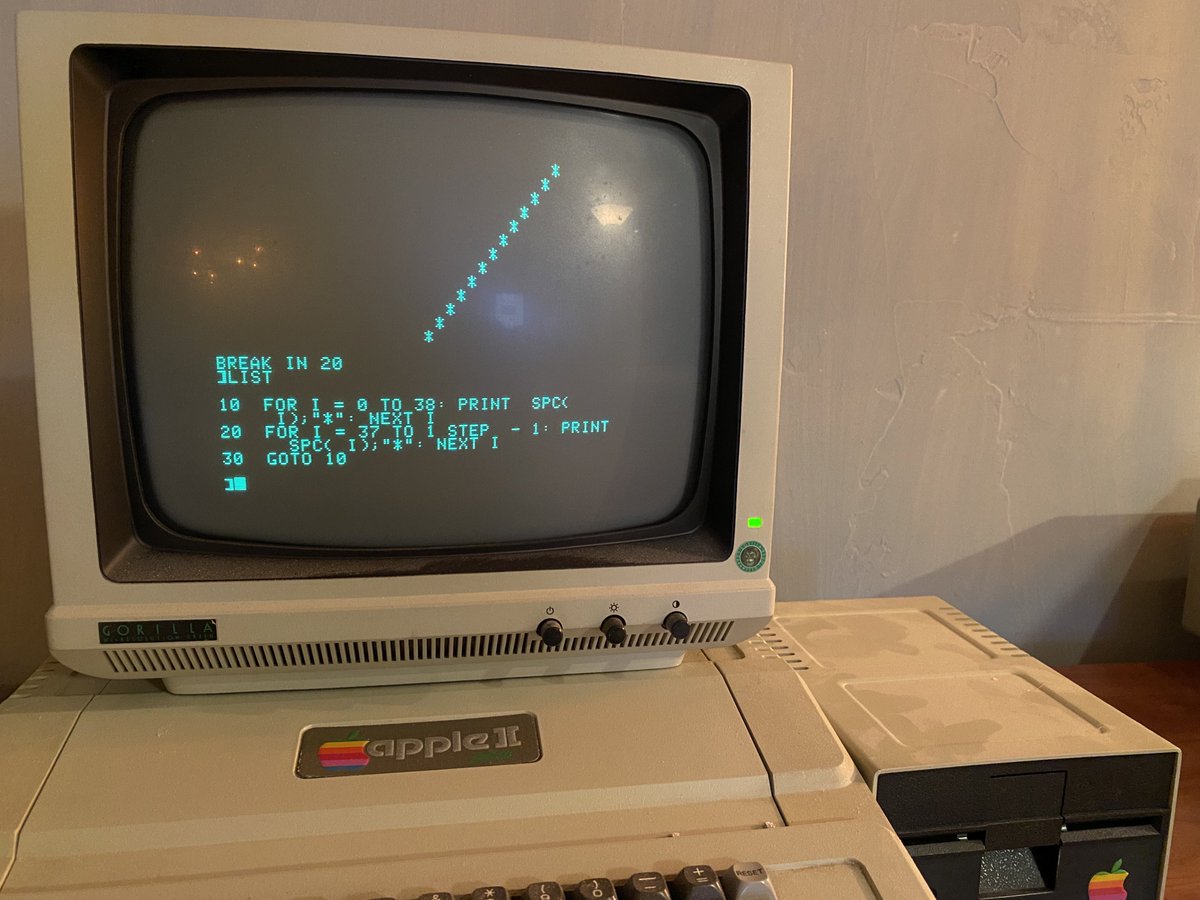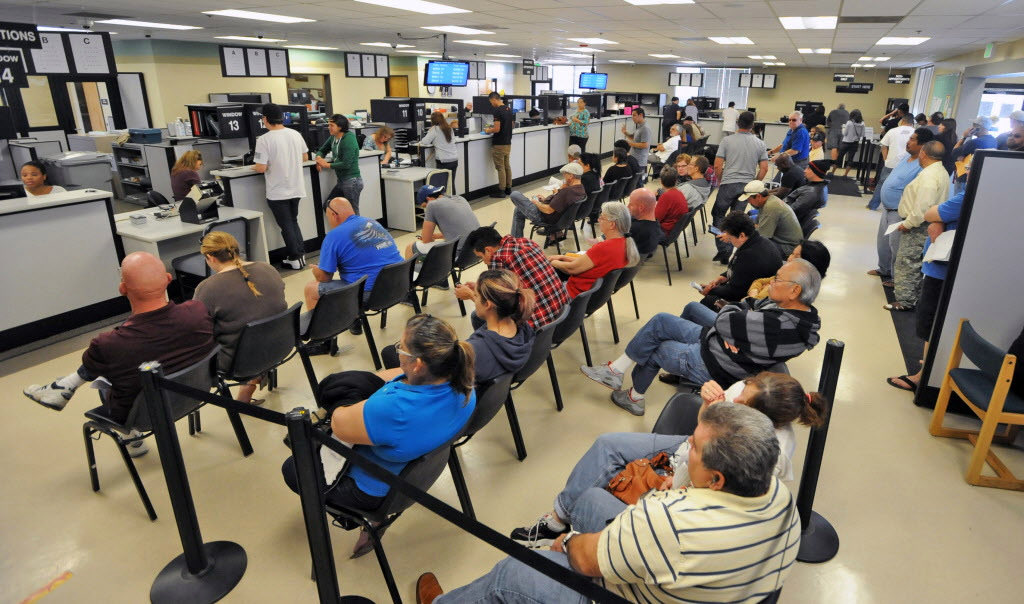
I've tried hard to see this from Apple's point of view. But inescapably, this is government spyware installed by Apple based on a presumption of guilt. Though Apple wrote the code, its function is to scan personal data and report it to government.
eff.org/deeplinks/2021…
eff.org/deeplinks/2021…
This is entirely different from a content moderation system on a public forum or social medium. Before the operator choses to host the data publicly, they can scan it for whatever they don't want to host. But this is peoples' private data.
Apple's dark patterns that turn iCloud uploads on by default, and flip it back on when moving to a new phone or switching accounts, exacerbate the problem. Further, in many contexts Apple has forced people to accumulate unwanted data, as with mandatory iCloud email accounts.
Though Apple has since changed the signup flow, many were forced to take at-icloud-dot-com email accounts that can't be deleted without losing everything ever purchased in the Apple ecosystem. That's iCloud, so will presumably be monitored by police.
lifewire.com/how-to-delete-…
lifewire.com/how-to-delete-…
Tim Cook testified at trial, without nuance, that Apple has to comply with all applicable laws everywhere it does business. So presumably Apple will now be an arm of state surveillance wherever it's required. That's already played out in China:
nytimes.com/2021/05/17/tec…
nytimes.com/2021/05/17/tec…
Calls for "if you have nothing to hide, you have nothing to fear from this surveillance" and "think of the children" will reach a fever pitch, seeking to manipulate public sentiment at this critical time, gaining support for a system presuming guilt and lacking due process.
My view is: Yes, do think of the children. Think of the dystopia they'll grow up in if we tolerate the unchecked growth of private monopolies with unlimited surveillance power increasingly taking on governing roles, yet now unshackled from liberal democratic processes.
Liberty is built on due process and limited government. The existential threat here is an unholy alliance between government the monopolies who control online discourse and everyone's devices, using the guise of private corporations to circumvent constitutional protections.
• • •
Missing some Tweet in this thread? You can try to
force a refresh








